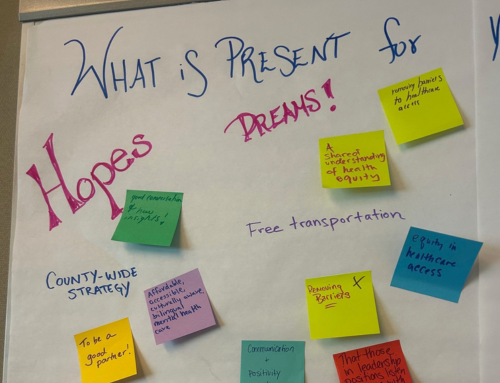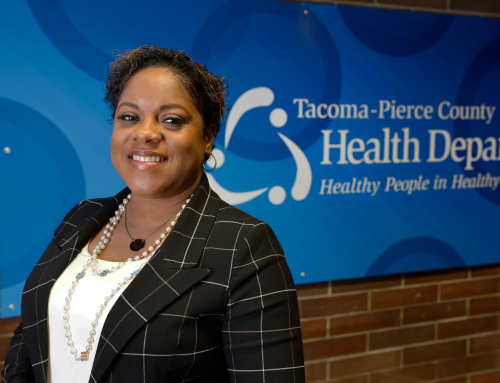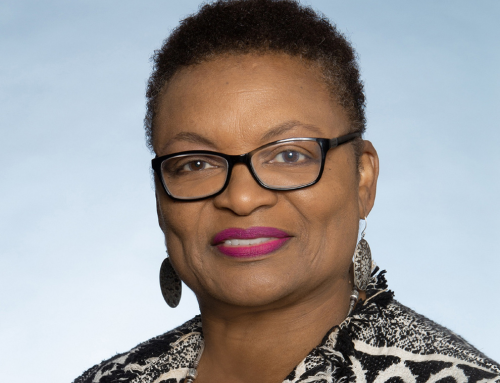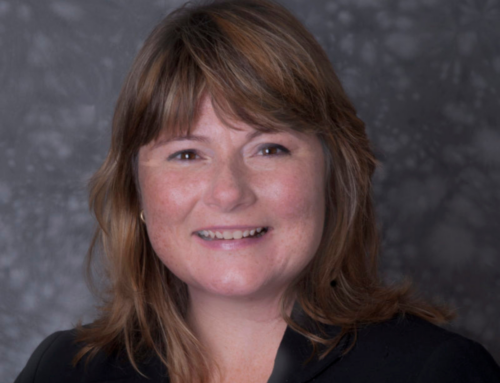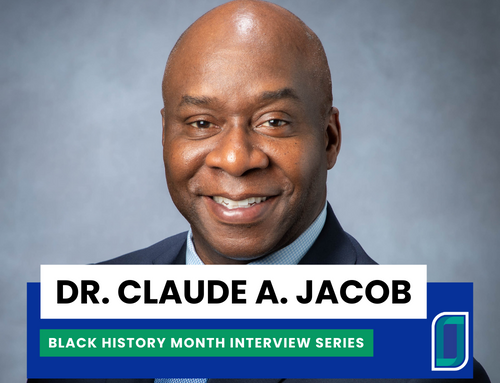Caroline Hilbert is a dedicated and experienced leader in public health, serving as the Executive Director of the Williamson County and Cities Health District (WCCHD) in Central Texas. Her passion for improving the lives of Texas residents through health education and preventive health programming is evident in her work, which has spanned over a decade in local public health.
She earned her undergraduate degree in Biology from the University of Dallas, followed by a medical degree and master’s in public health from the University of Texas System. She began her career at It’s Time Texas, a statewide health promotion non-profit, where she led the development of a free health coaching hotline for low-income adults. Her work at It’s Time Texas helped to improve access to health care for underserved populations.
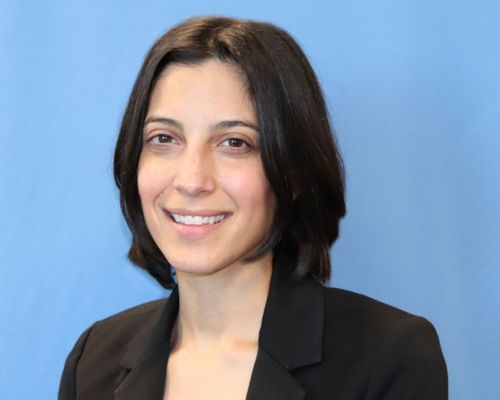
“While in medical school, it troubled me that the same patients were readmitted to the hospital or seen at the clinic time and time again. Very quickly, it became clear that what was happening outside medical facility walls was making a huge difference in the physical wellbeing of patients, and I wanted to be part of a field that worked to address those daily factors that impact health,” said Hilbert.
Hilbert eventually made her way to WCCHD where she has held various positions, including Immunization Advocacy Director, Deputy Director, and Executive Director. She was drawn to WCCHD because of its bright workforce, focus on the community, and its culture of quality improvement, all of which were fortified by the agency’s original accreditation by the Public Health Accreditation Board (PHAB) in 2016. Five years later, WCCHD became the second agency in Texas to receive PHAB reaccreditation, which helped to demonstrate their expertise and the importance of their work to a new Board of Directors.
“It came at a fantastic time. It really solidified the Board’s trust in us.” said Hilbert.
PHAB required certain measures to be put in place which helped the district create better processes and demonstrate their impact more effectively. Accreditation was crucial in ensuring the district’s continued operation and success.
“One of the largest projects that benefited from WCCHD’s accreditation was our reporting processes for Texas’ Medicaid 1115 waiver funding,” she said. “This funding spanned over 10 years, and accurate reporting of our services and continuous quality improvement of how we collected and tracked the necessary data were thanks in large part to the structure that PHAB reaccreditation put into place.”
She felt that their district was already making an impact but now they have data to back them up through the help of PHAB.
“It’s a great resource. It has helped us tremendously,” said Hilbert. “It helps us set goals.”
As many health professionals are struggling to explain what public health is and its importance, Hilbert gives some advice:
“Before teaching and speaking to others as a public health advocate, I find it most helpful to begin by listening and asking questions. Actively pursuing and engaging in conversation with other sectors, organizations, and individuals, simply to learn about their priorities and challenges often provides the framework and language to relay the importance of public health work more effectively, or to relay an ask,” Hilbert said.
“It came at a fantastic time. It really solidified the Board’s trust in us.”
Caroline Hilbert, WCCHD
